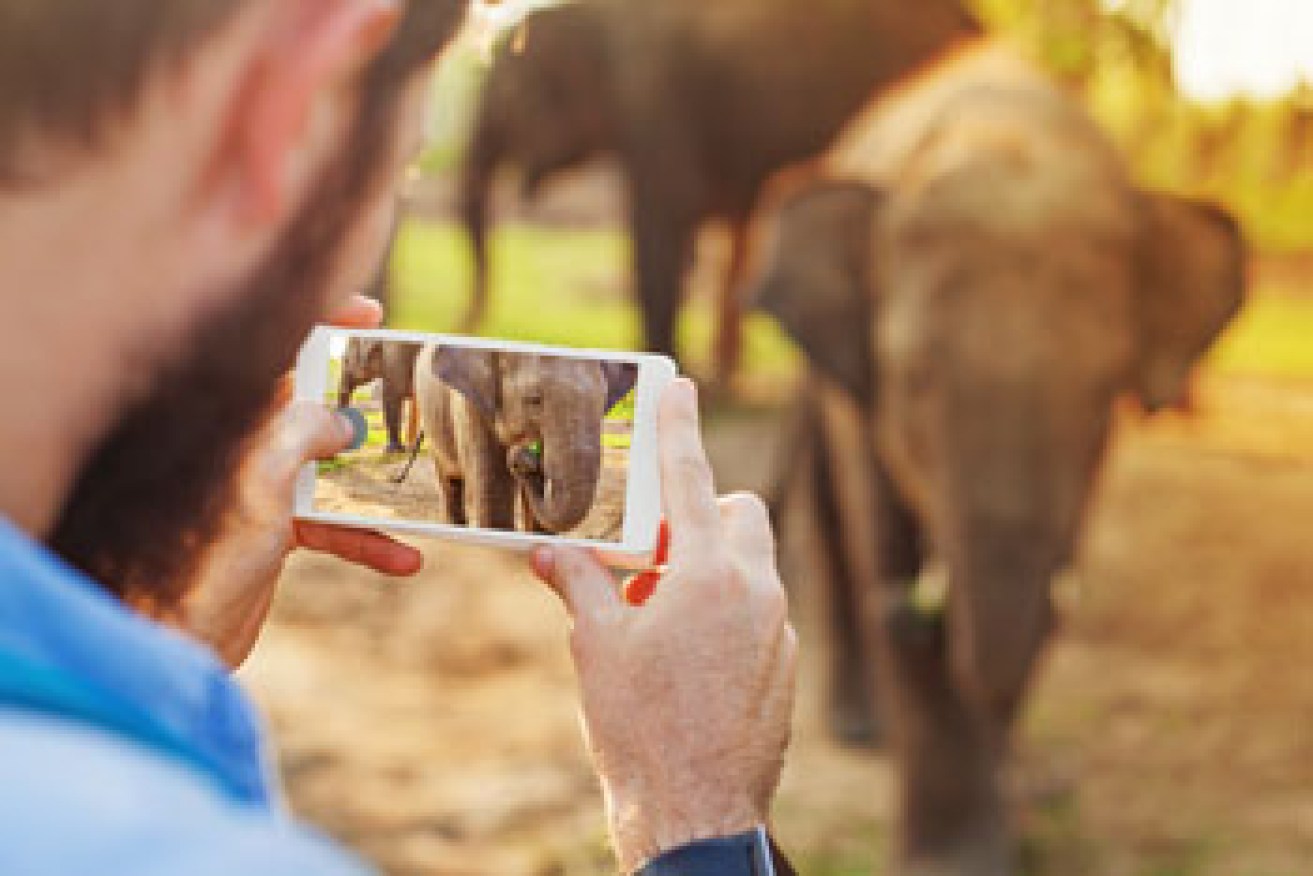This is how technology is ruining your memory


Shutterstock
Digital technology has become a trusted minder of our personal information but using technology is changing the way we use our memory, say experts.
In fact, we have trained our minds to throw away information that can easily be found on digital platforms, University of Technology Sydney senior lecturer Bhuva Narayan told The New Daily.
“We are all forgetting things because we are putting it online or writing it down somewhere,” she said.
• Scientists discover key to creating bionic brains
• The reasons why you should go to bed early
• ‘It affects everyone’: experts raise dementia warnings
“[In the past] we were all taught to remember the numbers of our closest contacts, children were taught to remember the numbers of their parents, but that is becoming less prevalent.”
A recent study from computer security firm Kaspersky supported this idea.
Up to 60 per cent of 6000 adults surveyed could remember the phone number of the home they lived in when they were 10 years old, but could not recall their workplace contact details or those of their children.
The wide breadth of information available online also rendered some facts as unnecessary cognitive baggage, with one in three responding they were happy to forget information they could access again online, a concept labelled ‘digital amnesia’.
It was bolstered by an unfailing view of digital technology.
Sharpen your memories

Photos are a way to capture a moment for the future, but failing to pay direct attention could see the brain sift it out. Photo: Shutterstock
The brain has a limited capacity to remember, Ms Narayan said, so it was important to forget, in order to remember new information.
“Because of the amount of information we have access to it is imperative we forget,” she said.
But despite this, the memory could be improved.
Macquarie University cognitive science professor Amanda Barnier said the key to sharpening the memory was simple – pay attention.
“Attention is the gateway to memory so you need to be paying active attention for it to be encoded,” Professor Barnier said.
Association was one tool to improve memory, where a simple detail was used to remember an image, sentence or word.
For example, to remember a person’s name correlate it with the place you met them or an object that is similar.
Family and friends could also be helpful in remembering details. The practice of sharing memories or using their help to prompt a memory creates a stronger link with it, while also improving wellbeing.
Look past the digital
One way to overcome the loss of memories in the digital age was to record them on multiple mediums.
It would also safeguard them for future generations.
“It is easier to read a stone tablet from 3000 years ago than it is to read a PDF file from five years ago,” Ms Narayan said.
“All of us are storing everything digitally, whether online or not it is stored in some form of virtual place where we need that same device or technology to access it.
“It is more of an issue of how we access this in the future.”
– with reporting by Toli Papadopoulos









